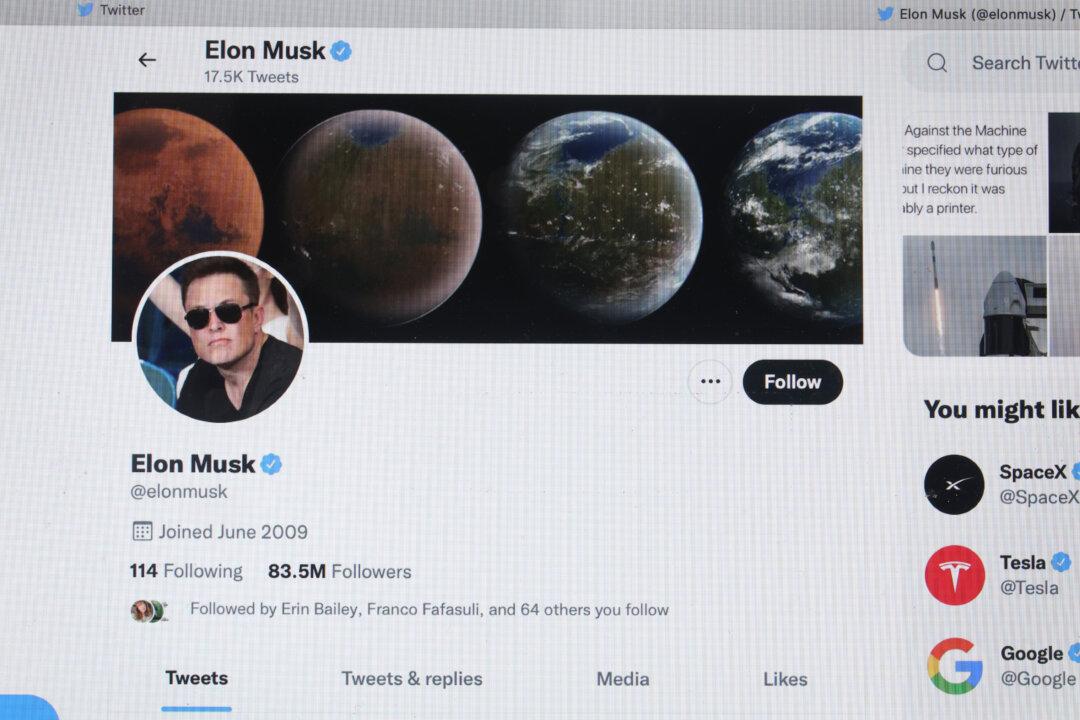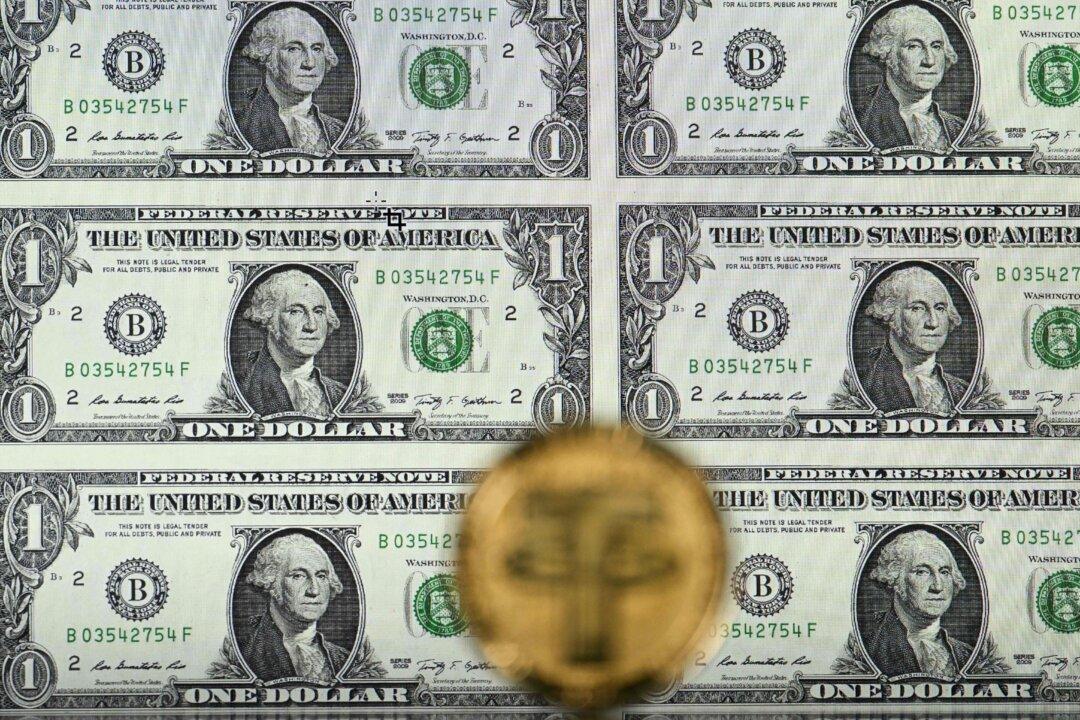Elon Musk has finalized a deal to buy social media platform Twitter Inc. with a financing plan that includes commitments from bankers and himself.
What Happened
The U.S. tax code could be working hand in glove with Tesla Inc. CEO Musk in tallying up the deal amount, Bloomberg said in a report.The Tesla CEO has agreed to bring in $21 billion in equity financing and will take a $12.5-billion loan, pledging his Tesla shares as collateral. This is in addition to the $13.5 billion debt financing commitments from banks led by Morgan Stanley.





